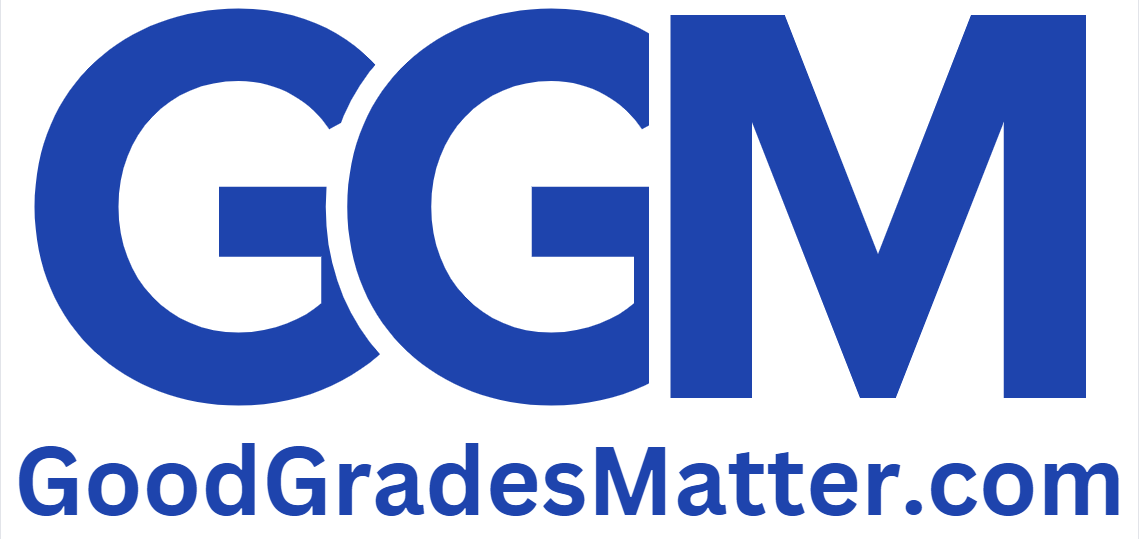Reflective Paper: A Best Practice Strategy for Professional Development
Purpose
The purpose of this paper is to explore a communication experience in greater depth to
obtain a clear picture of your feelings and behaviours that contributed to the
experience. The overall goal is to build and improve communication competence for
future professional interactions.
General Learning Outcomes
The following general learning outcomes apply to this assignment:
- Describe effective communication strategies used in interpersonal relations
- Examine best practices and effective communication strategies to develop and
maintain the therapeutic nurse-patient relationship. - Develop skills in self-awareness and reflection
Introduction
Reflective practice is an active process where we examine our personal thoughts and
actions either during or after an experience. In this assignment reflect upon a recent
experience you had with someone (a nonfamily member) and identify how your actions
contributed to a potential conflict. The goal is to identify more effective ways of
communicating (verbal and nonverbal) in the future. In addition, you may also find that
you identify and validate strengths in the communication strategies you currently
possess.
Student Instructions
- Recall the event:
- In three or four sentences, summarize objectively a recent event where you had
an interaction with someone which resulted in conflict. - Note: Do not use immediate family or spouse/partner for this assignment
- Example of an event:
# 1: Your co-worker took an hour break instead of 1⁄2 hour which is the norm.
Because of this you missed your break. You are upset and told her she was
rude and unthoughtful and did not speak to her the rest of your shift. She
stayed away from you the remainder of the day. This interaction resulted in
conflict.
# 2: You feel your colleague has not done his part in the group project. You
approach him and tell him because of his lack of work the group received a
poor mark! When he tries to explain himself, you cross your arms and look
away.
- Reflect on the event:
- Describe the following responses you had during the event:
Thoughts
Feelings
Actions
- Relate communication concepts to the event:
- Choose 3 communication concepts you want to use that either contributed to
or could have deescalated the conflict. - Define/explain each of the concepts
- Using the 3 concepts, analyze how these concepts were used in your conflict
example. Do not hypothesize on the other person’s thoughts, feelings and
actions; this is about your reaction/contribution to the event. - You are required to go beyond justifying your reaction and uncover the
underlying reactions that were triggered.
For example:
Poor example: I was angry because my brother refused to take my
advice.
Improved example: I was angry when my brother did not take my advice
because it made me feel incompetent and that he did not trust me. - The concepts must be clearly labelled in your paper with the use of a heading.
- The concept and its definition must be referenced.
- Utilize course textbooks only for academic references. (No requirement to find
external documents).
- Respond to the event:
- How does reflecting on this event influence your future reactions with conflict
of a similar or different situation? - What are the potential consequences to your relationships, your education, and
your future professional practice if you do not change your behaviour? - What are the potential benefits to your relationships, your education, and your
future professional practice if you do change your behaviour? - Identify two strategies you will use to change your communication in the future
and how you pan to implement each strategy.
Solution – Reflective Paper: A Best Practice Strategy for Professional Development
Recall the Event
During a recent team project, I noticed that one of my colleagues was not contributing equally. This imbalance led to a poor outcome, and I felt frustrated. I confronted the colleague, accusing them of not doing their part. When they tried to explain, I crossed my arms and avoided eye contact, which escalated the tension between us.
Reflect on the Event
Thoughts:
I believed my colleague’s lack of contribution was unfair and detrimental to the team’s success. I thought they didn’t care about the group’s effort or the project’s outcome.
Feelings:
I felt frustration, anger, and disappointment. I also felt anxious about confronting them, unsure if the conversation would resolve the issue or create more tension.
…Please click on the Icon below to purchase the FULL ANSWER at only $10




